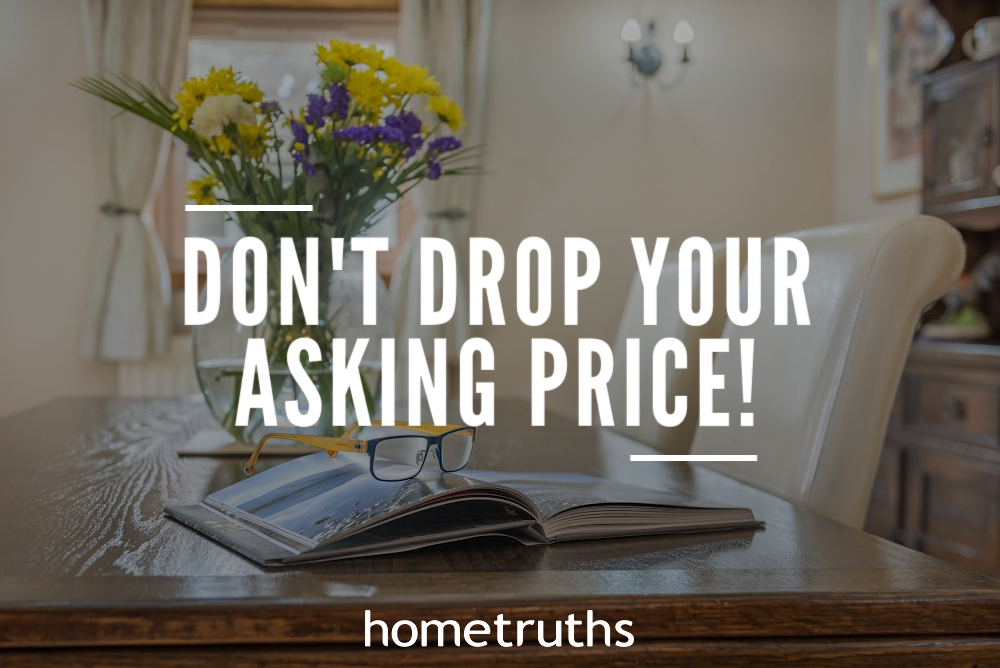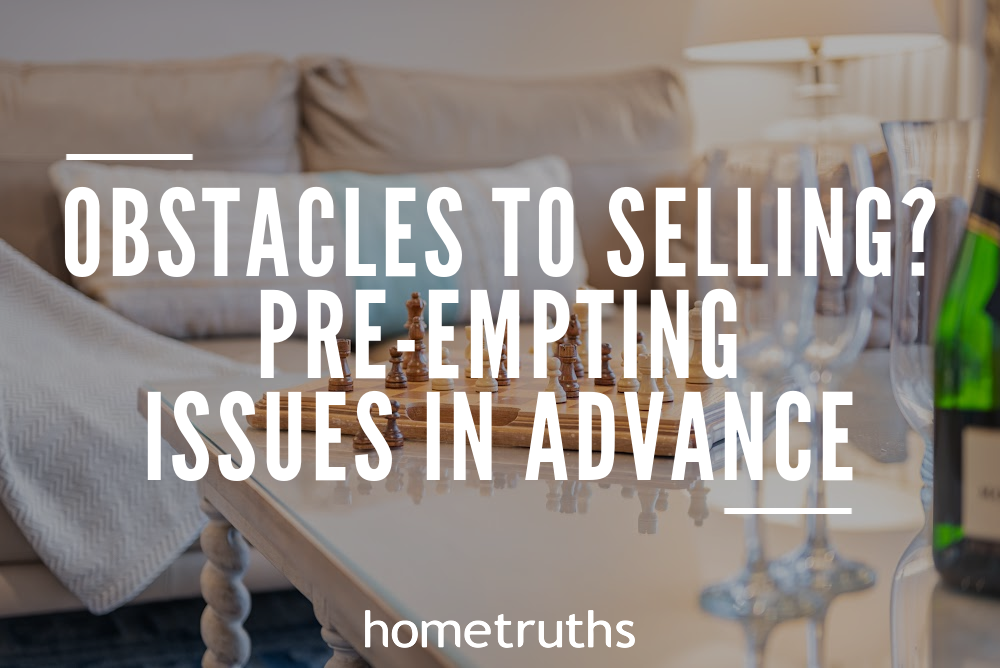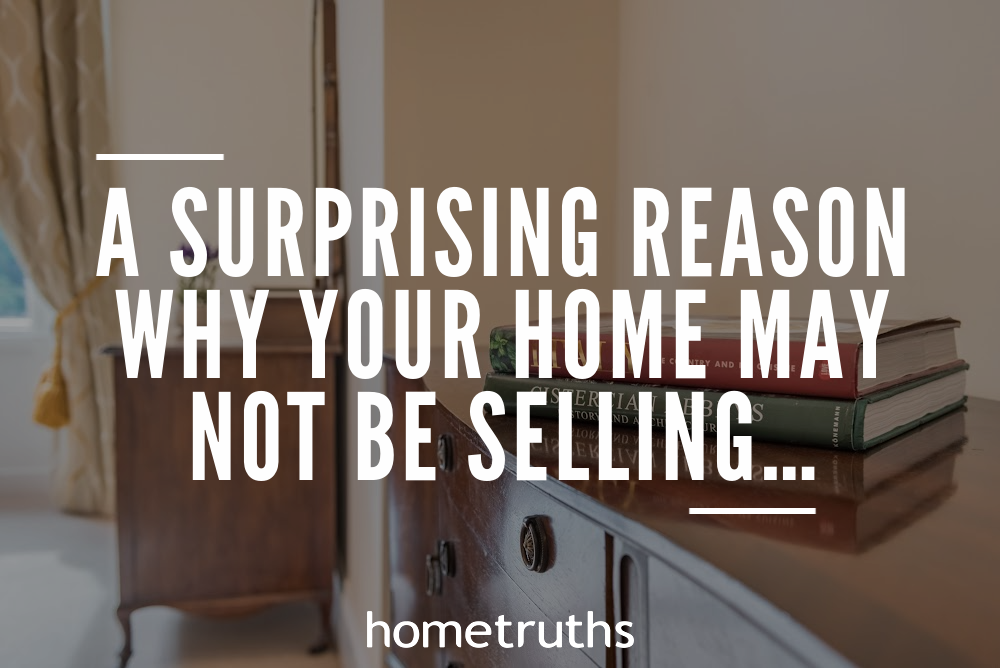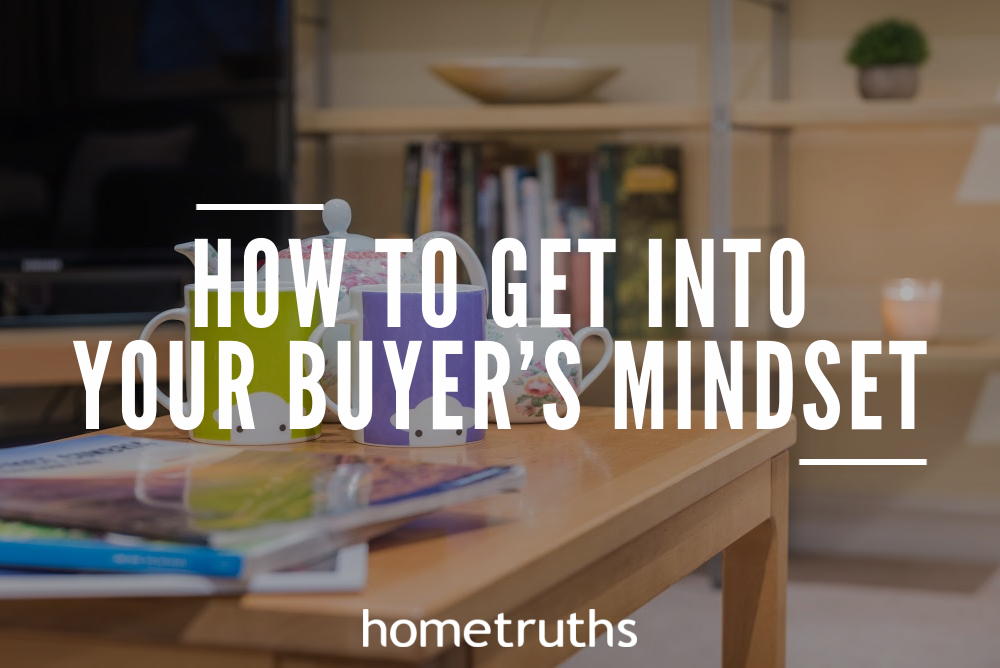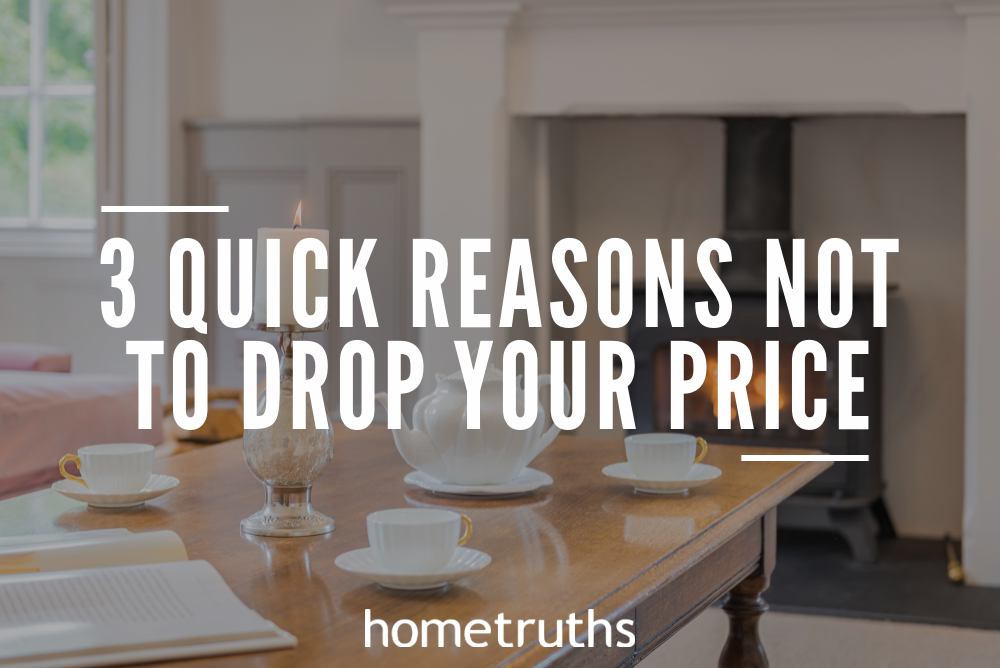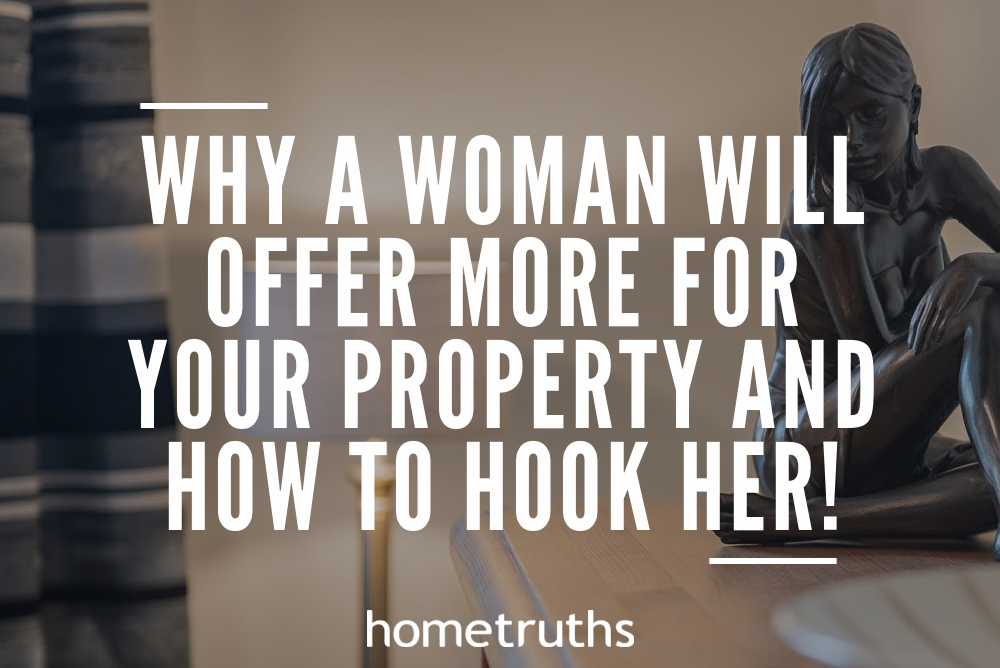The market is definitely quiet at the moment, it’s true. The buyers seem to have receded with the summer sun, and may not reappear until the daffodils emerge in the spring.
If you’re in a huge hurry to sell, then you may be considering dropping your asking price, probably egged on by your estate agent, looking for a quick sale at your expense.
However, dropping your asking price should never be a knee-jerk reaction to a slow market. There are many factors to consider. At best, even a large price drop could make absolutely no difference to your viewings whatsoever, and at worst, it could actually damage long-term your likelihood of selling at anything close to the price you were originally hoping for.
So, let’s look at the psychological effects a discounted asking price could have on a potential buyer:
1. Wariness
The initial surprise a buyer may feel which draws his attention to your advert is very quickly replaced by wariness and cynicism that something must be ‘wrong with it’ to have such a low price.
2. It invites analysis
Selling on price causes buyers to be more analytical of the offer – the bricks and mortar. Because their decision to buy is rational (based on £s) and not emotional (based on feelings), they will be searching for the downside – that leaky tap will be an issue, the soggy garden a serious problem. Buyers making their decision on emotions are looking at your house with roses-around-the-door-tinted glasses.
3. Low price = low quality
Buyers usually want to spend at least their budget, and often end up spending more. Think back when you bought your house – did you stay within your budget? We are conditioned to believe you get what you pay for. After all, if we bought on price, we’d all buy our clothes from Primark and drive around in Skodas. The truth is we like quality; we aspire to it; we deserve it. Show us a property slightly beyond our means and we will want it all the more. A confident, optimistic asking price says ‘buy me – if you can’.
4. Lack of confidence
What buyer wants to offer on a decreasing asking price? Would you buy shares as they were falling? When will it stop? Will your investment prove foolish? Each price decrease indicates the seller’s lack of confidence in his own asking price. If the seller isn’t confident, why on earth should the buyer be?!
So before you drop your asking price, remember the passionate belief of all of us at HomeTruths –
People do not buy homes on price.
If you’d like my help to sell your home more effectively, please answer a few short questions here and if I think I can help you, I’ll be in touch.



